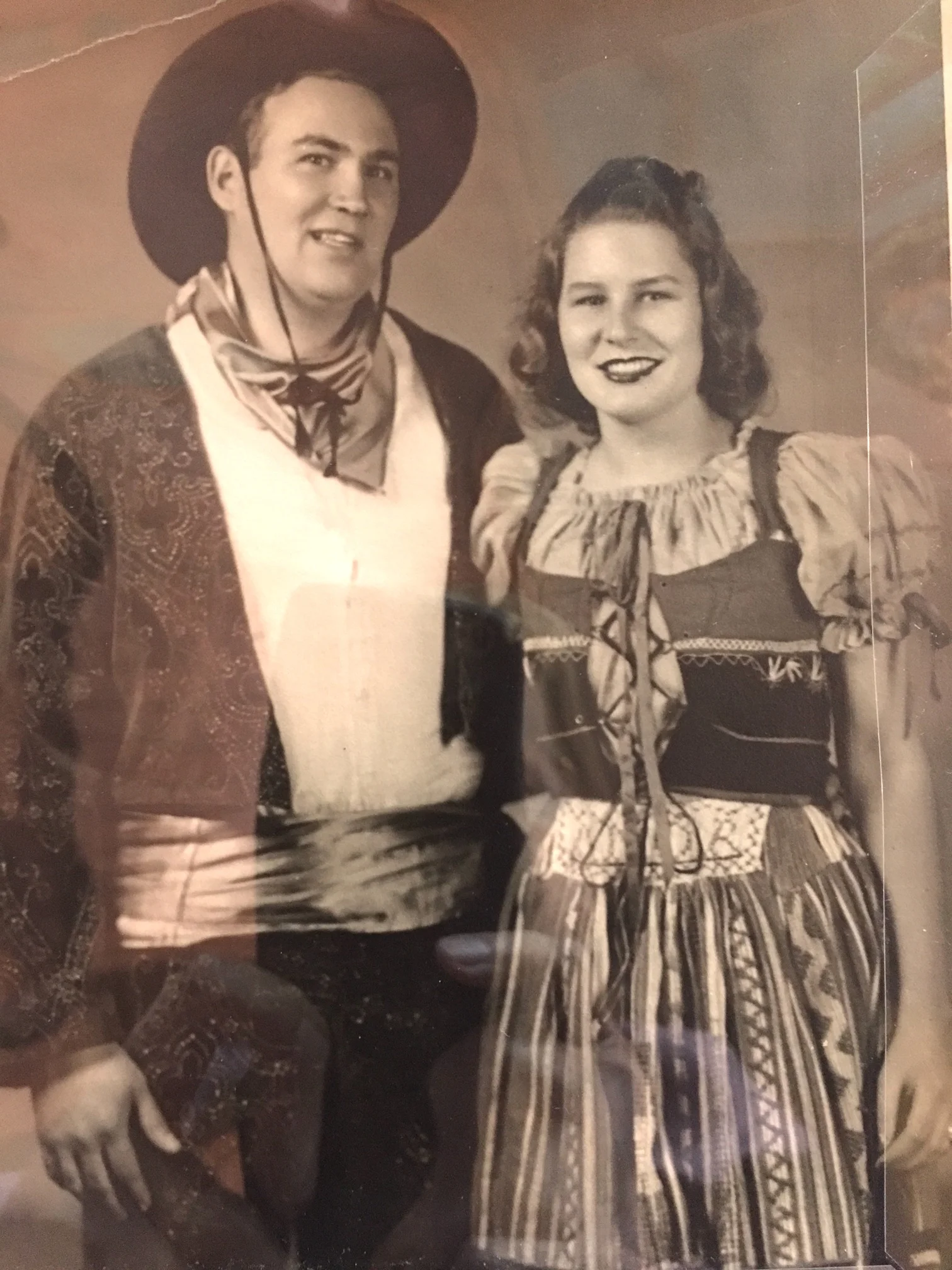Buechner: Religious Experience
“People who tend to write off the validity of the religious experience in general and the experience of God in particular on the grounds that in the real world they can find no evidence for such things should take note. Maybe the real world is not the only reality, and even if it should turn out to be, maybe they are not really looking at it realistically.”
Frederick Buechner, Frederick Buechner Center, Frederick Buechner quote of the day, March 22, 2018, Whistling in the Dark and later in Beyond Words
People come and talk about their religious experience often timidly for fear that they may be considered odd or maybe crazy. They describe a sudden feeling of the presence of God, the feeling of God’s arms wrapped around them, a momentary experience of living in the present moment, a oneness with nature, a card, a call, a text, an email or a letter from someone just when they needed it, an ability to do something they never thought they were able to do, the unusual strength to remain the least anxious presence in a tense or difficult situation, a knowledge that all will be well, a feeling of peace and calm, a feeling they are no longer alone, a genuine love for all mankind as Thomas Merton felt on the streets of Louisville.
Donald Miller mentions in his book, Blue Like Jazz, that Christians must have at least a small piece of being a mystic in them. (p. 202). So many people of faith are never told this, and when that mystical experience occurs, they don’t know what to do with it.
Our job as spiritual friends is to validate the experience. Let others know this is as real as real can be. Gradually people are able to share their experiences and see all the similarities of feeling and knowing the presence of God that others have witnessed as well.
Joanna joannaseibert.com


